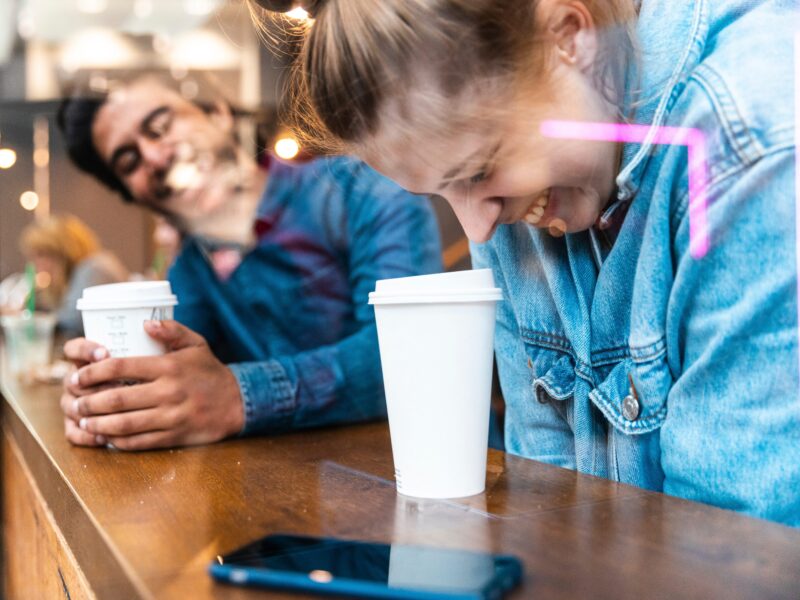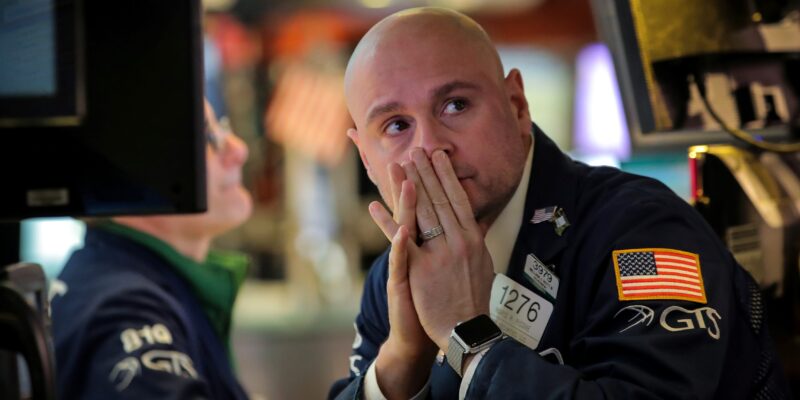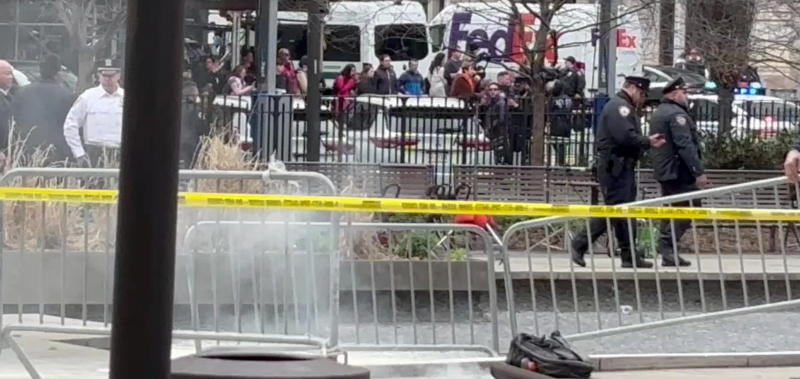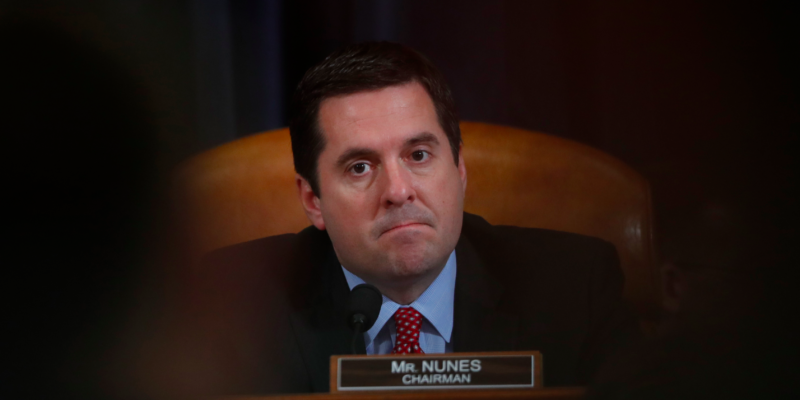
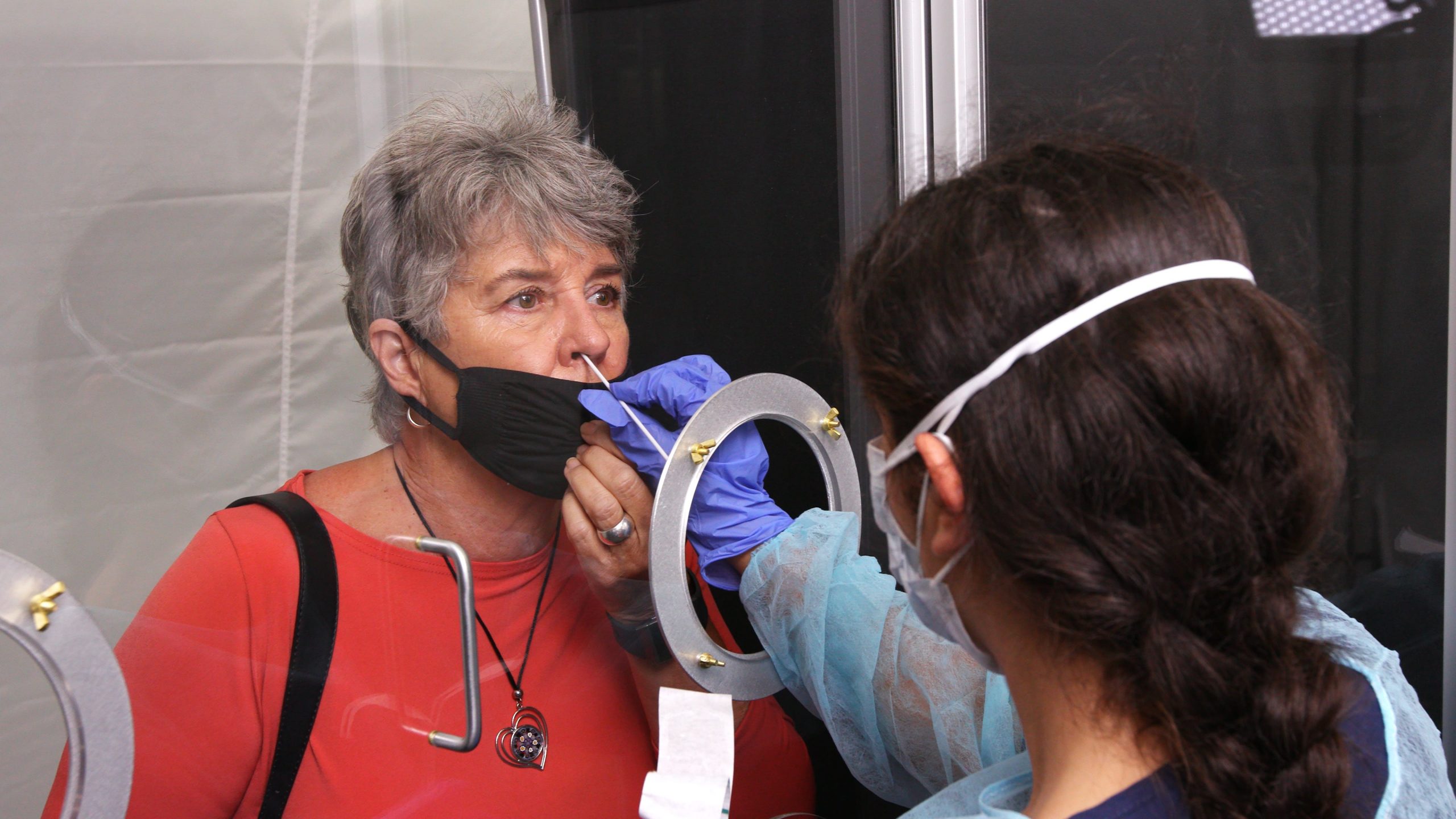
- Coronavirus tests will be important infection prevention tools, with us for years to come.
- Using more rapid tests at schools, offices, and before boarding airplanes could become the norm.
- Experts stress we need to develop better testing systems, and understand what test results mean.
- This article is one in a four-part series on the simple ways to fix the America's biggest COVID-19 mistakes. Click here to read more.
- See more stories on Insider's business page.
A year into the pandemic, one might think we'd all be COVID testing pros by now, with little home testing kits as simple to use and easy to get as a urine wand pregnancy test.
Nope.
Although many of us have grown used to braving the near brain-tickle of a nose swab, some fundamental misunderstandings about when, why, and how to get tested remain.
The coronavirus testing that is supposed to be free to anyone who needs it in the US isn't always widely available, or used well either.
We're still using negative test results for all the wrong reasons, while not being conscientious enough about what those test results really mean, and how to best make use of our supply.
"Obviously, vaccinations are awesome, and we need to vaccinate people [but] we cannot give up on testing," Dr. Ashish Jha, dean of the Brown University School of Public Health told reporters Thursday, on the one year anniversary of the World Health Organization's pandemic declaration.
"I think testing will remain an important part of this pandemic response, of this disease response, for years," he added. "And I mean for years, I don't just mean for the next couple of months."
We need to be smarter about when we get tested
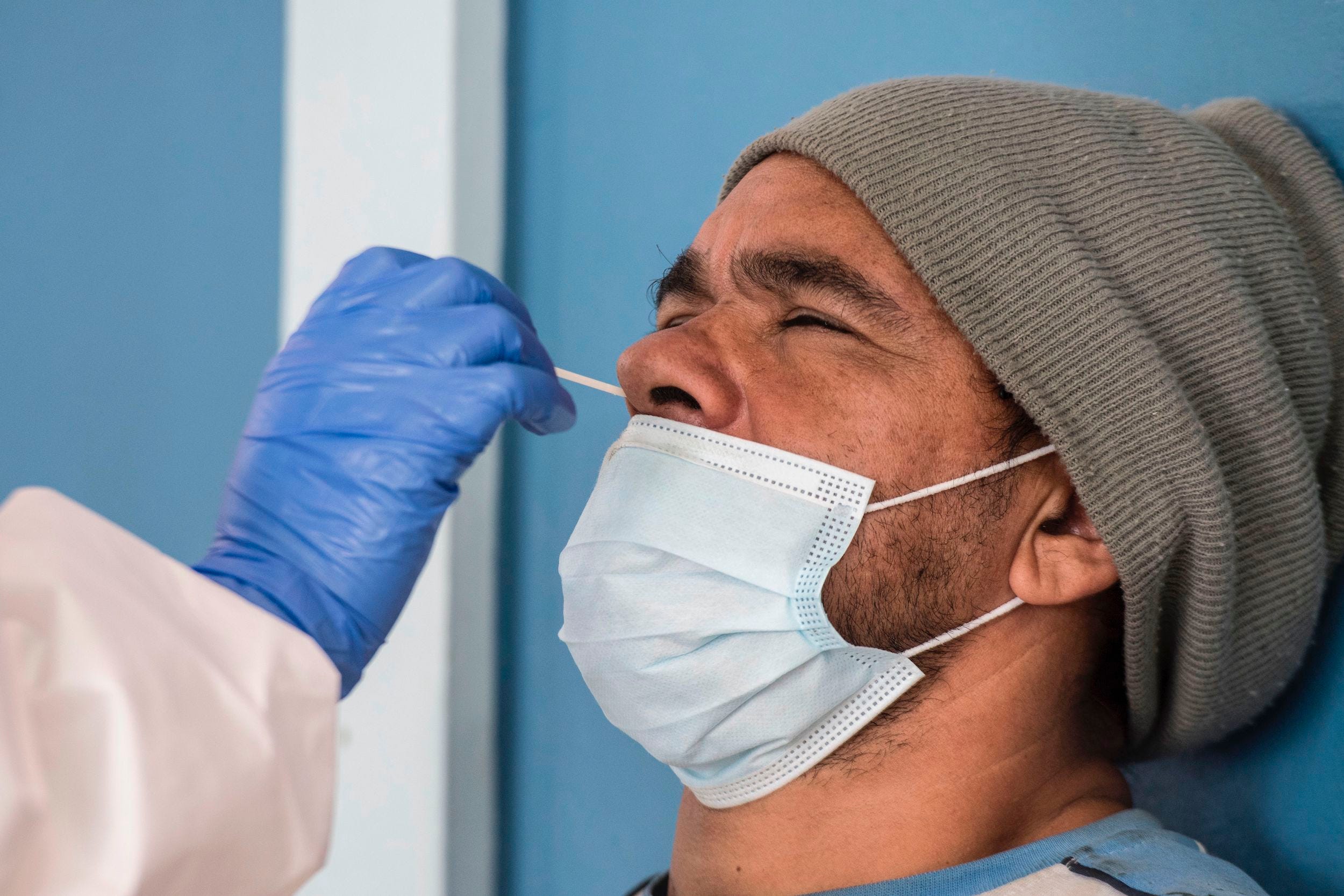
EZEQUIEL BECERRA/AFP via Getty Images
Amidst constantly changing advisories about when to get tested, most people haven't gotten the proper timing down.
Experts recommend waiting five to seven days after any known coronavirus exposure to get a COVID test. During that waiting period, you should self-isolate to be sure that you're not exposing others to the virus if you are sick (or potentially getting infected yourself).
The coronavirus's incubation period is between two and 14 days, so it's best to keep away from others while you wait for your results. Some experts even suggest getting a second test if your first one is negative, just in case the virus was still incubating when you first got tested.
Experts also stress that in the next phase of the pandemic, a different kind of widespread, surveillance-style testing will become more and more important.
"We've got to be able to run both testing sites and vaccination sites, and cannot be trading off one for the other," Jha said.
Kids in primary schools won't be vaccinated this summer, so it'll be important to have rapid tests available when schools reopen, and at other large indoor gatherings where it's unclear who's vaccinated and who's not: indoor concerts, plays, weddings, offices, and college campuses could all benefit from more rapid tests, which are not perfect, but do often help screen out the most infectious among us.
"Testing will add a really important level of safety in making those things possible," Jha said.
A negative test result should still be treated with caution
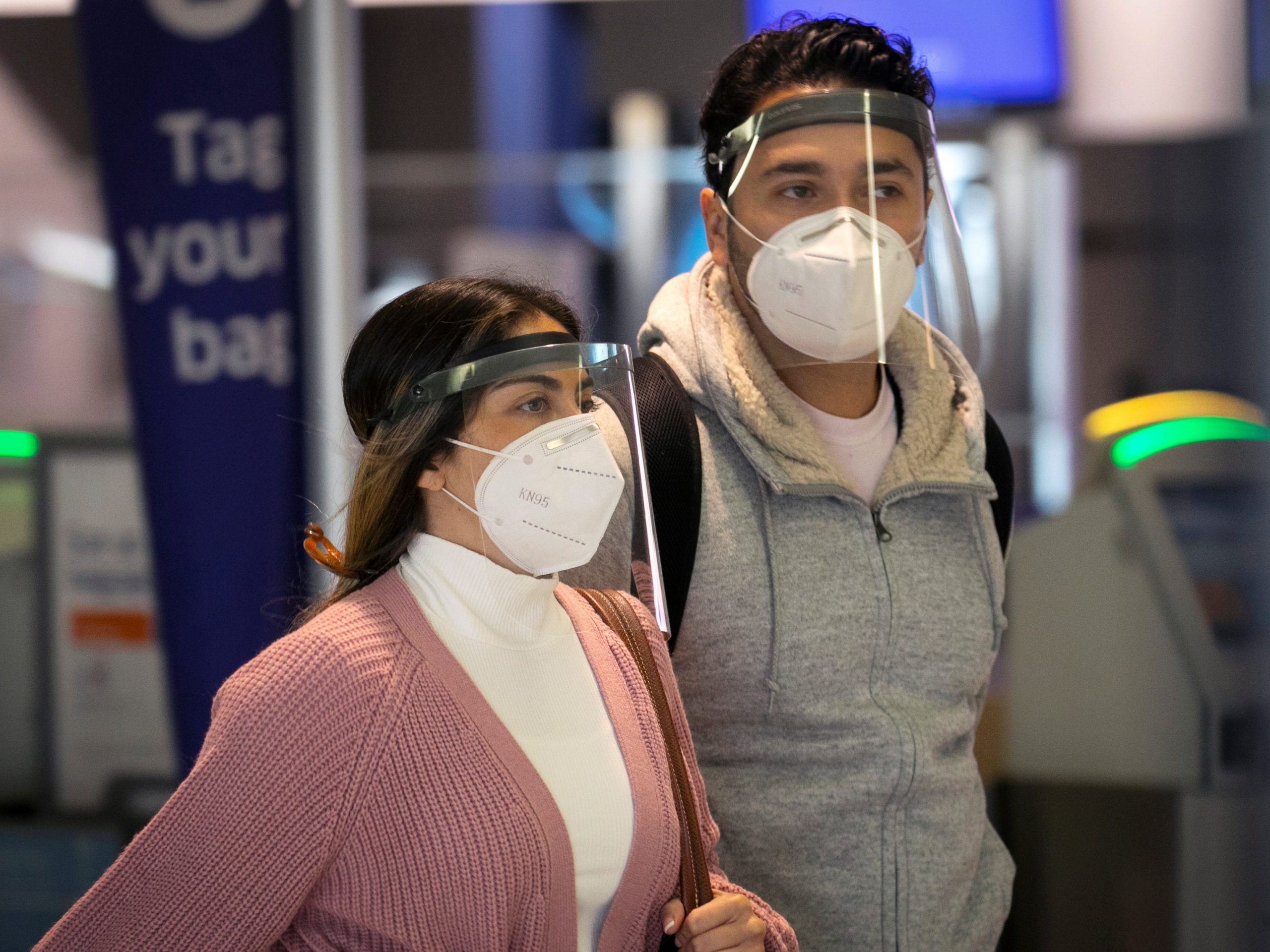
Mike Segar/Reuters
Even if you do everything right before getting a COVID-19 test, your results still only reflect a moment in time, and are never 100% accurate. That means a negative test result is not an "immunity passport" or permission to live as if you're COVID-free. You could be incubating the virus today, and become infectious to others tomorrow.
Getting tested for COVID-19 is not pointless, but be thoughtful about when and why you're seeking out that swab.
If you're getting tested so you can visit with a high-risk family member, for example, you should plan to get a test five days after your most recent potential exposure (which might be the plane/train ride there, if you're taking a trip). After waiting out the incubation period and potentially getting a second test, the first place you go should be grandma's house - not a restaurant or your friend's apartment where others could be getting you sick.
Ultimately, a negative test is going to be just one in a slew of COVID-19 prevention measures that will be with us for a while: wearing a mask in public, social distancing, and traveling less. Doing that, what some health experts have dubbed the "swiss cheese" model of infection prevention, and including a negative test in the mix, leaves very little room for the virus to spread, especially if the more vulnerable members of your party have already been vaccinated.
More people should be getting tested regularly
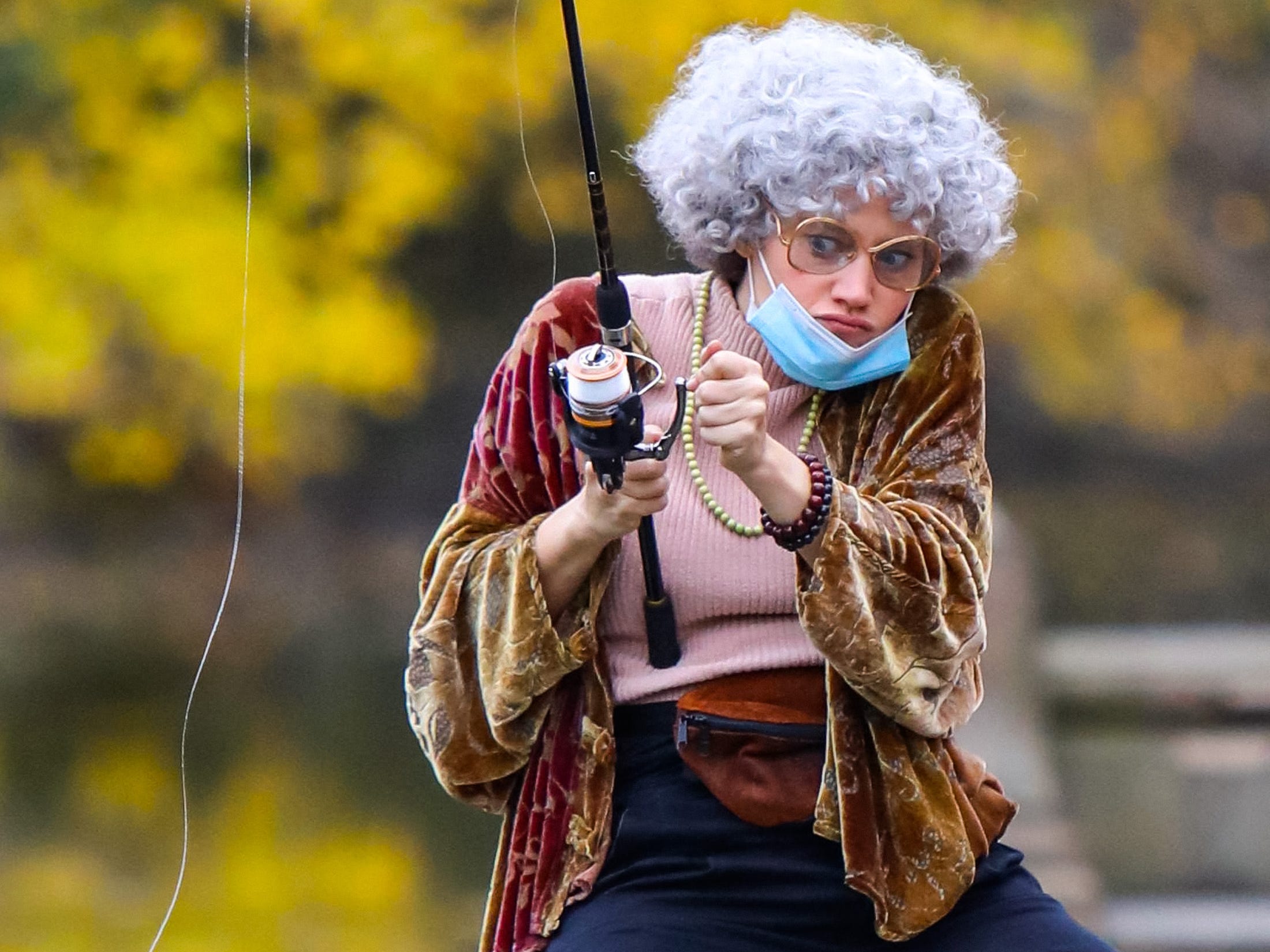
Jose Perez/Bauer-Griffin/GC Images
The US has had plenty of time to scale up its testing capabilities, but still, tests are not always available when we need them most. Yet a few places have managed to get testing down right on their own.
In Massachusetts, elementary schools are saving on testing supplies by pooling many students' samples together, helping to ensure entire classrooms are virus-free for learning.
Harvard epidemiologist Dr. Michael Mina is teaming up with Citibank to get the company's employees to use rapid, at home tests three times a week, and measure whether that cuts down on disease spread in the workplace.
"These types of tests are (remarkably) not FDA authorized for frequent use at home," Mina tweeted on Thursday as his new study was announced.
"I'm committed to helping us (society) not find ourselves having to distance from our loved ones for a year ever again," he added. "And I'll keep working to identify creative avenues that prevent another year like the one we are emerging from."






